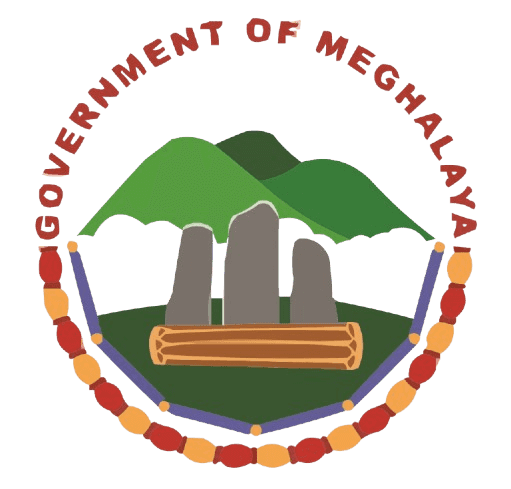From Catapult to Canopy
Fowler Darnei still remembers the forest that once surrounded Saipung. In his childhood, it was wild and alive — filled with birdsong, thick trees, and rivers that ran deep. He remembers walking with a catapult in hand, not thinking twice before aiming at a bird. That was life back then. Simple, instinctive, close to nature.
But time moved on. More houses were built, new roads came in, and the way people lived began to shift. The forest grew thinner. The birds stopped returning. The rivers slowed to a trickle. Fowler felt it deeply. The land that had once given everything was slowly becoming silent.
Years later, during a visit to Khonoma in Nagaland — a village known for its community-led conservation — something unexpected happened. A deer crossed the road ahead of him. It didn’t run. It didn’t panic. It simply walked on, calmly, as if it knew it was safe. “That moment moved me,” Fowler said. “The deer wasn’t afraid. And I thought — why can’t we have that too in Saipung?”
In 1996, after his father passed away, Fowler felt the need to do something. He began planting trees on his family’s land. There were no ceremonies or announcements, just quiet action. Over time, the trees grew. He dug two fish ponds. He raised pigs and chickens. He didn’t talk much about what he was doing, but he was building a life rooted in respect for the land.
He didn’t stop there. As the trees matured, he began collecting native orchids from villages nearby — thirty-seven in total. He planted them beneath the trees, layer by layer, trying to bring back the diversity the forest once held.
Then came MegLIFE.
The village nominated him as Secretary of the Village Project Implementation Committee. He took the role seriously — not for position, but for purpose. He went door to door, sat with families, answered their questions. When people were hesitant to offer land for plantations, he led by example. His own land became a demonstration of what was possible. Interestingly, Fowler wasn’t even present during the meeting when the decision was made. He wasn’t aware it had happened. Days later, someone told him he had been elected. The community had placed their trust in him — without him asking, without him knowing. And once he found out, he stepped up without hesitation.
When the project first visited Saipung, the team was turned away. The villagers were unsure, maybe even suspicious. But once Fowler stepped in, he helped bridge that gap. With calm, grounded conversations, he helped build trust — explaining that MegLIFE wasn’t here to take anything away, but to bring back what had been lost.
From the beginning, he worked closely with the MegLIFE team — organizing, explaining, building trust. He knew the words wouldn’t be enough unless his actions matched, so he led by example.
Thanks to his leadership, Saipung Block today has the highest bamboo and plantation coverage in the district. Villagers who were once unsure began offering their land voluntarily. In 2025, Fowler and his team received the State Award on World Environment Day, presented by the Chief Minister himself.
But his journey was not without hardship. In 2023, Fowler was diagnosed with tongue cancer. Surgery, chemotherapy, and radiation followed. His speech changed. The recovery was painful. But he never stopped. Even during treatment, he continued speaking about trees, water, and the future. He kept showing up. Quietly, without fuss.
He often says that development is important, but without ecological balance, there will be nothing left to pass on. He believes future generations are fortunate to have platforms like MegLIFE and Iora’s Carbon Credit program — efforts that support real change at the ground level.
Today, he is also the President of the Community Conserved Areas Forum in Meghalaya, helping others find their voice in conservation. But in Saipung, he’s still the man who planted trees, who walked to households with patience, and who believed that healing the land could also help heal ourselves.
Fowler Darnei didn’t just call the forest back — he showed his people that it was possible.




